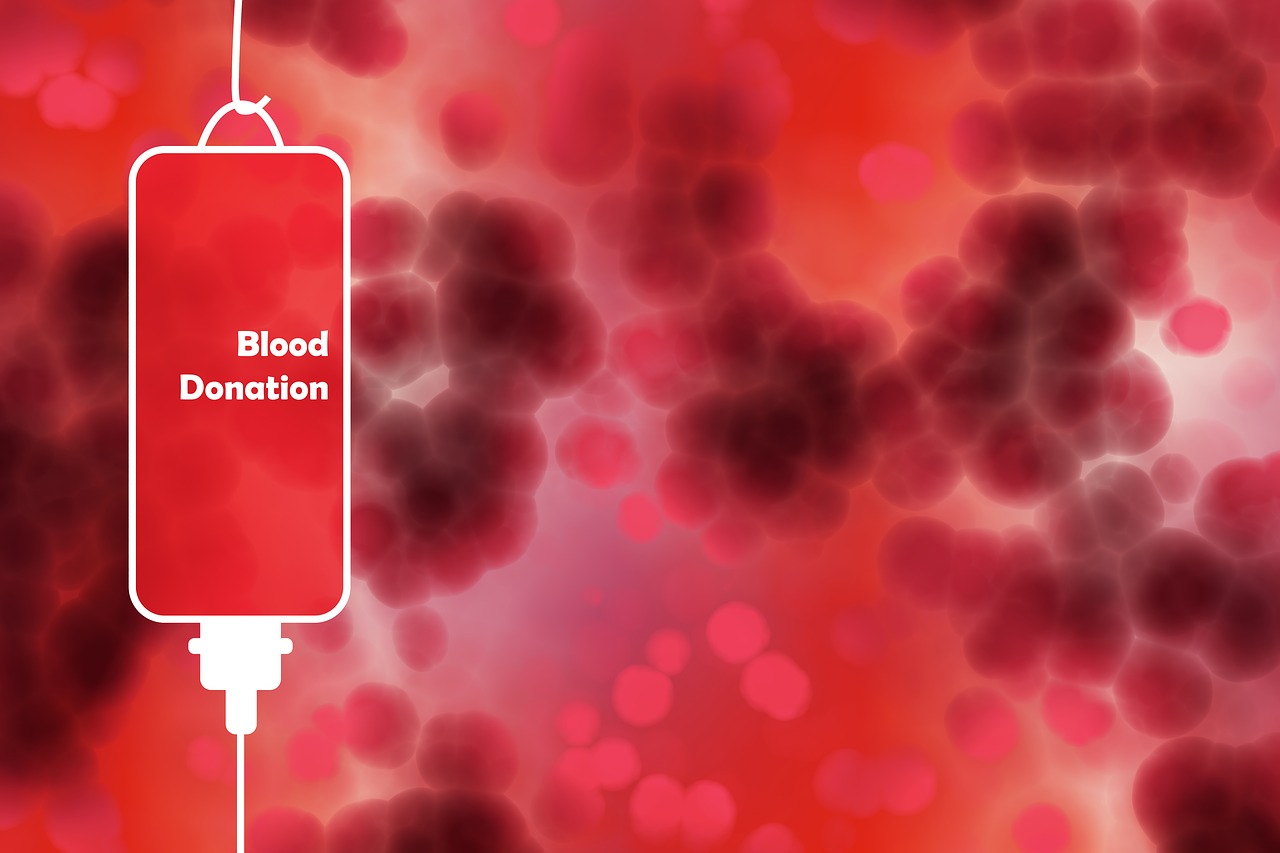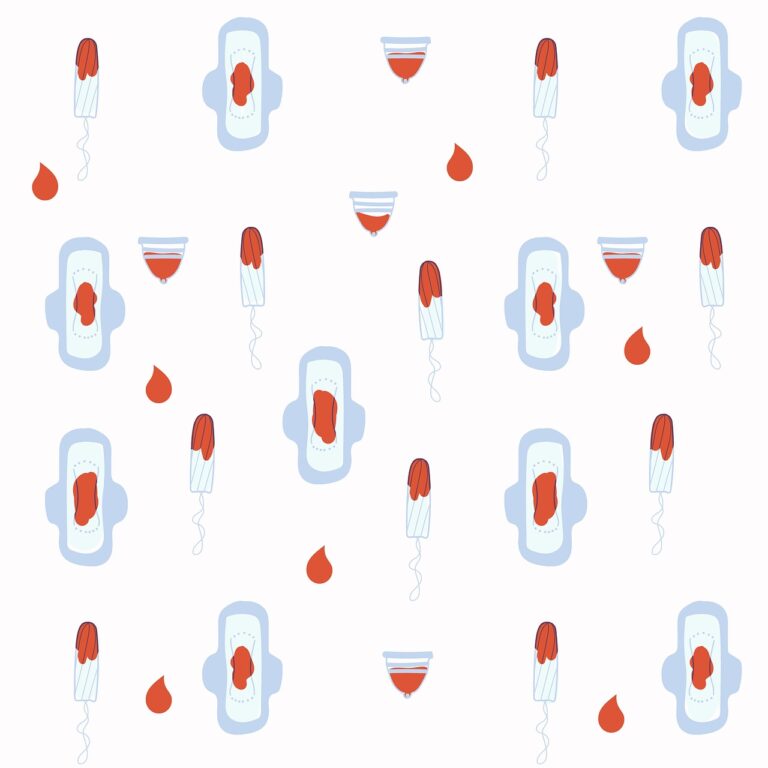All You Need to know about Blood Donation

A decision to donate blood can save a life, or even several lives if your blood is separated into its components – red blood cells, platelets and plasma – which can be used individually for patients with specific conditions.

Blood donation is crucial for women with complications during pregnancy and childbirth, those with severe anemia, accident victims, surgical and cancer patients.
There is a constant need for a regular supply of blood because it can only be stored only for a limited period of time before use. Regular blood donation by the population is needed to ensure that blood supply is always readily available. On this week’s posting, we share with you the many benefits off blood donation.
1. A mini health screening

Before anyone donates blood, vital signs such as blood pressure, heart rate, blood type and other relevant parameters are checked for. Once the blood is collected and sent to the lab, if any infectious or genetic diseases are detected, donor will be alerted to seek treatment.
2. A healthier heart and cardiovascular system

Regular blood donation is linked to lower blood pressure and a lower risk for heart attacks. This benefits are more significant in men compared to women as men are at a higher risk of heart issues.
People with a condition called hereditary hemochromatosis must have blood donated regularly to prevent the buildup of iron in blood. This donated blood can benefit many.
3. Contributing to the society

One blood donation can save up to three lives. People usually donate because it feels good to help others, and altruism and volunteering have been linked to positive health outcomes, including a lower risk for depression and greater longevity.
4. Burns calories

For one blood donation, it takes the body about 500kcal to replace it. Hence, the snacks that one has after donating blood is technically zero kcal.
Reference:
The Surprising Benefits of Donating Blood, Columbia University.







